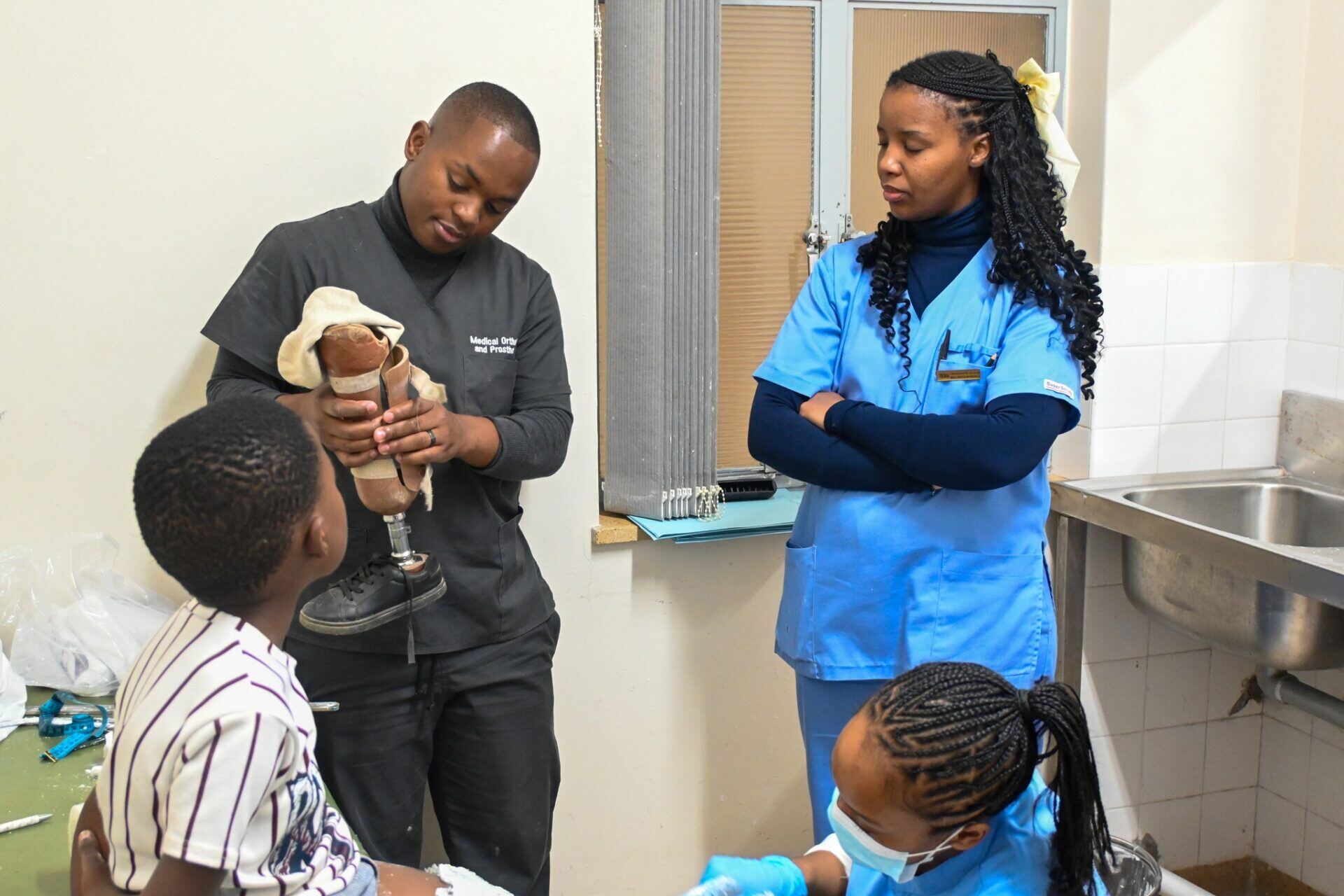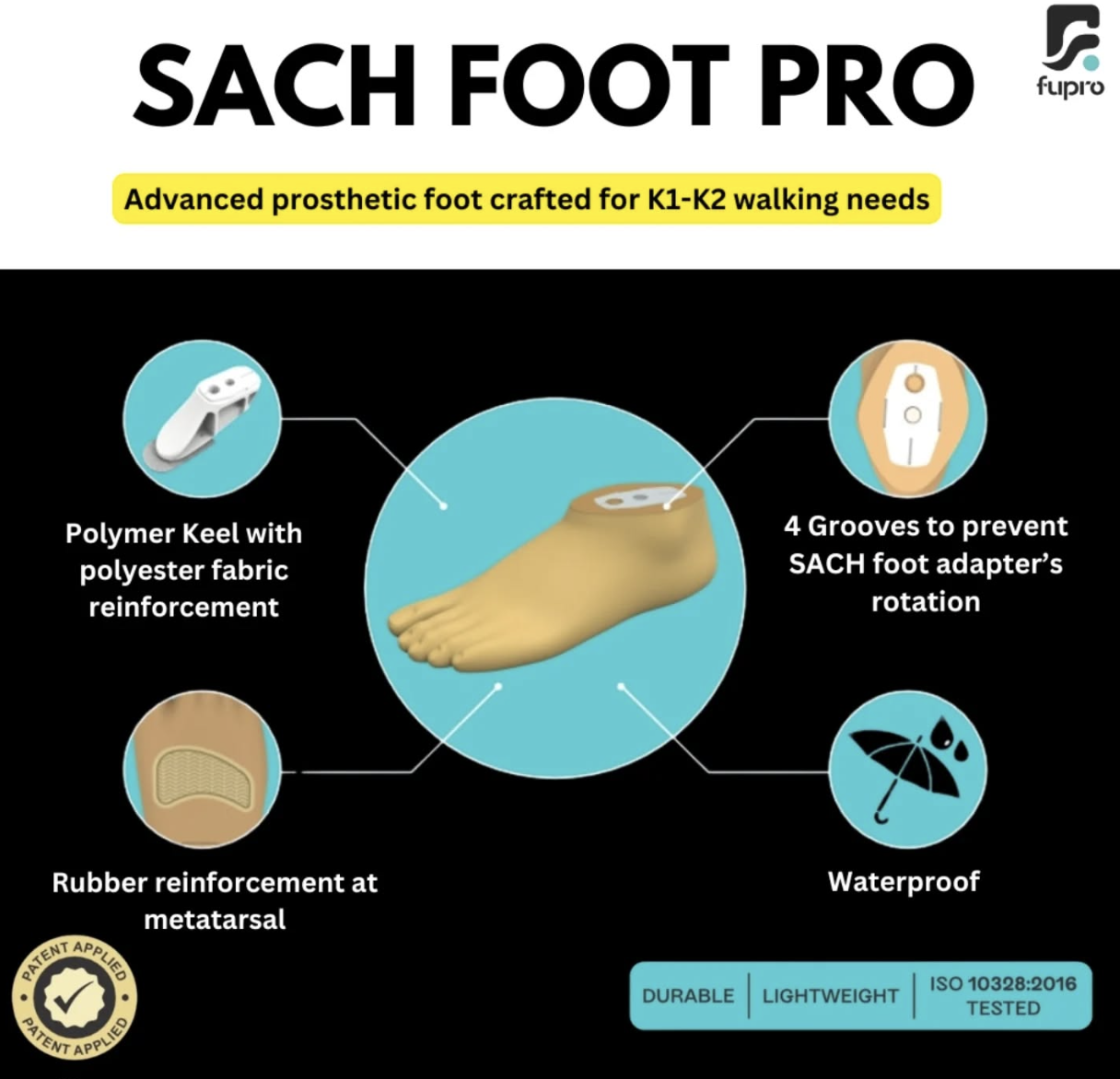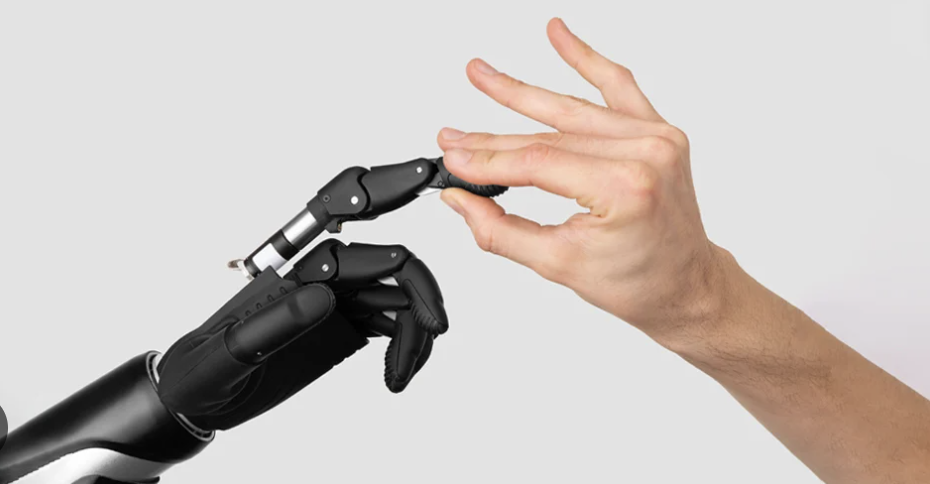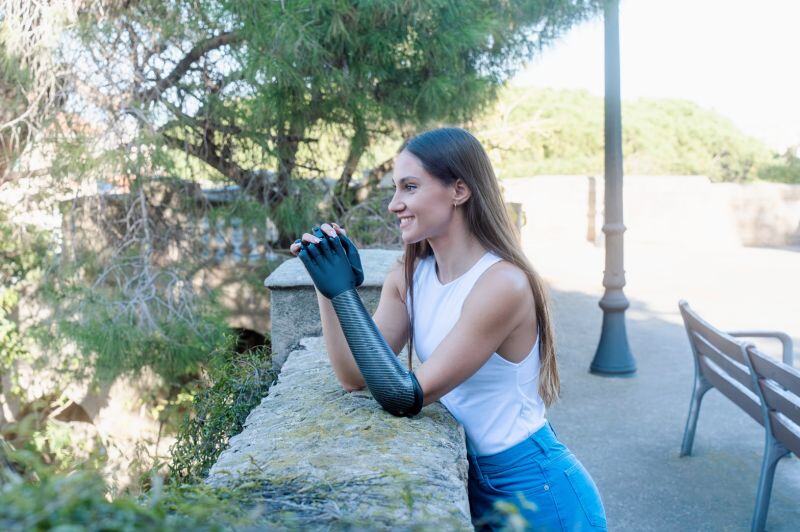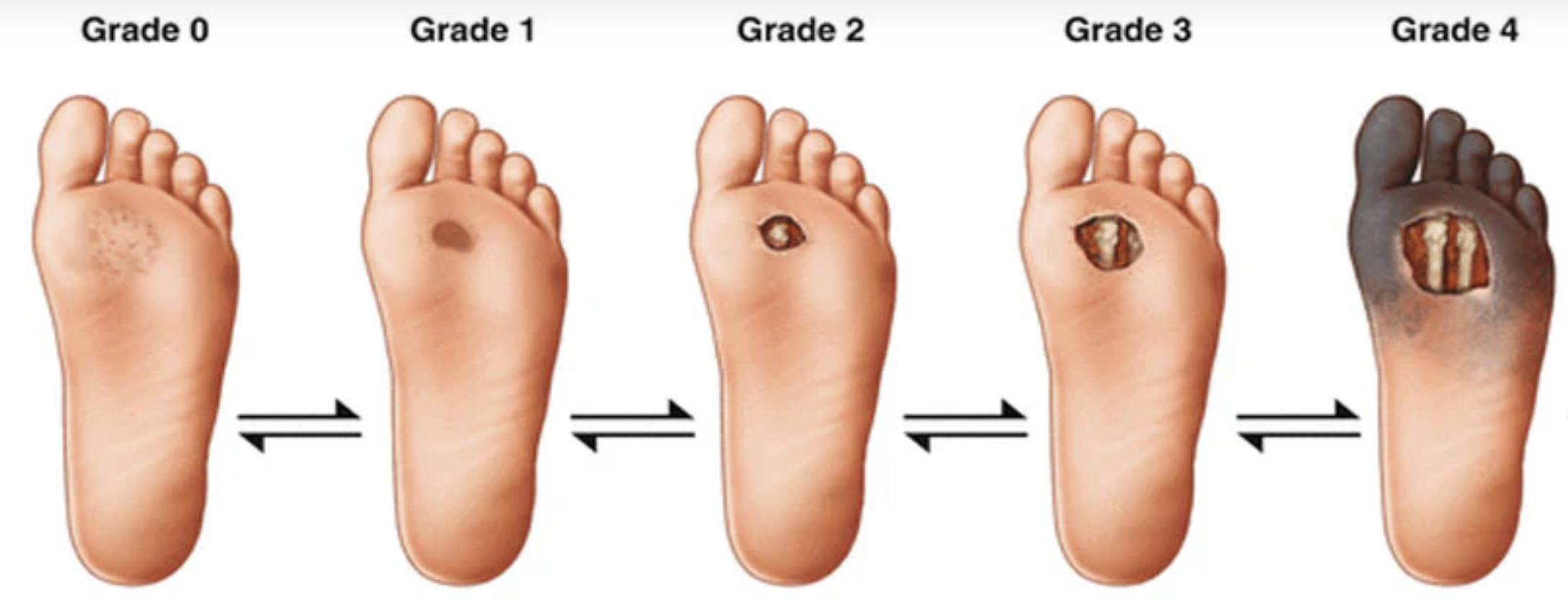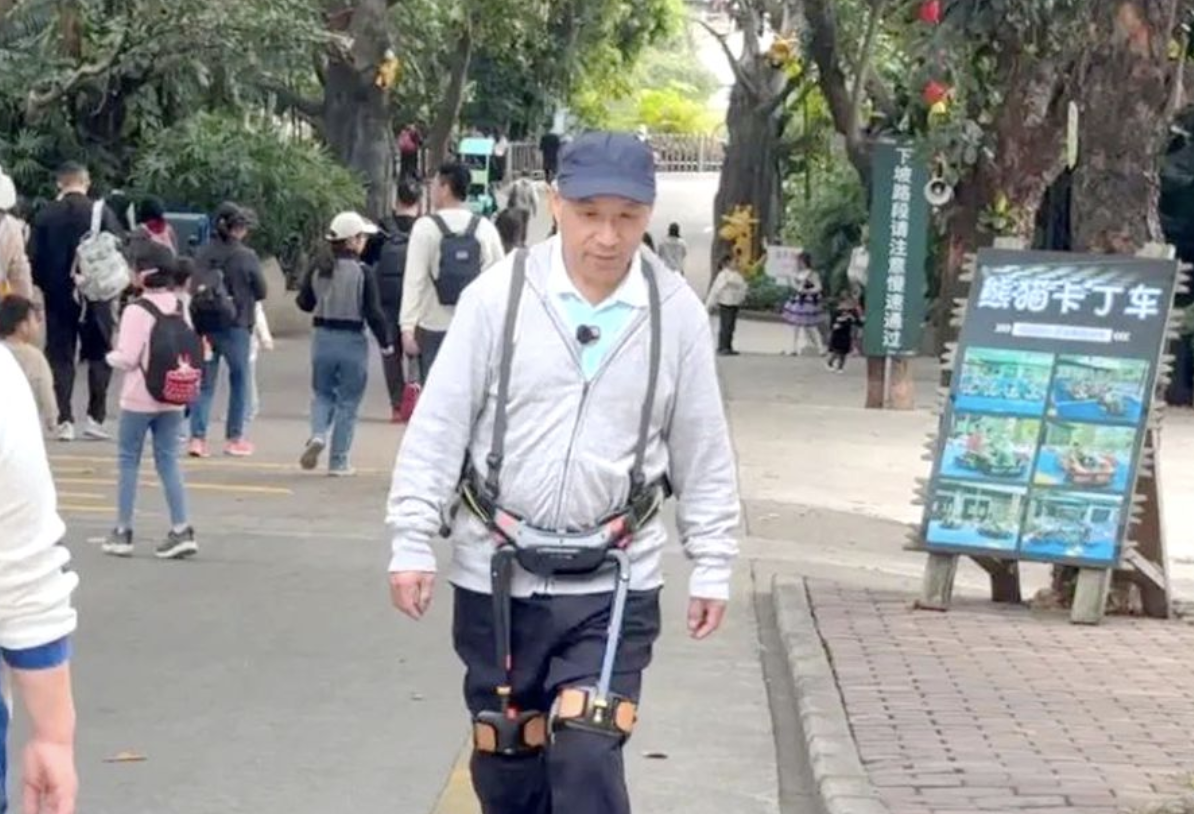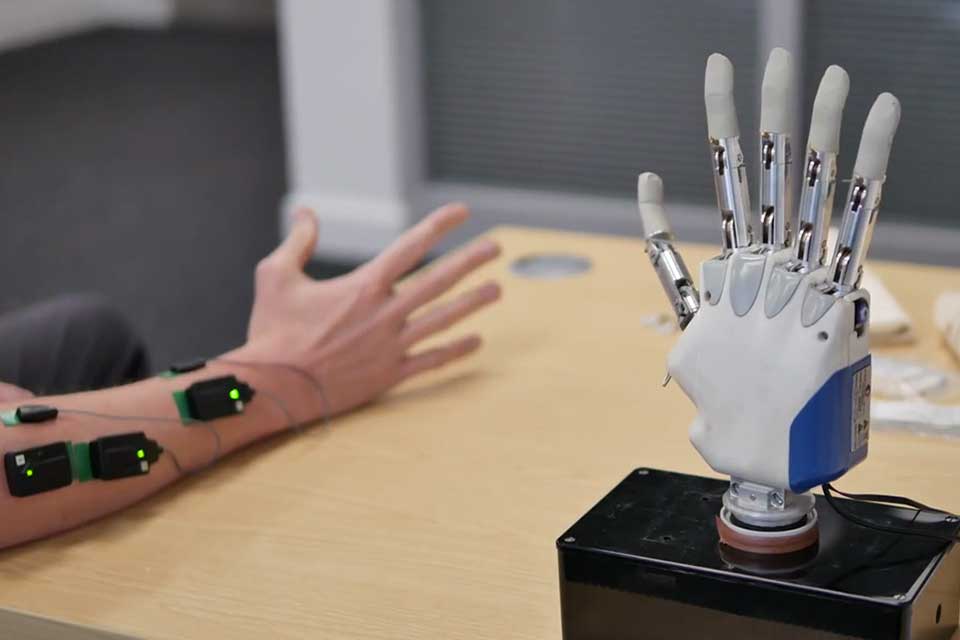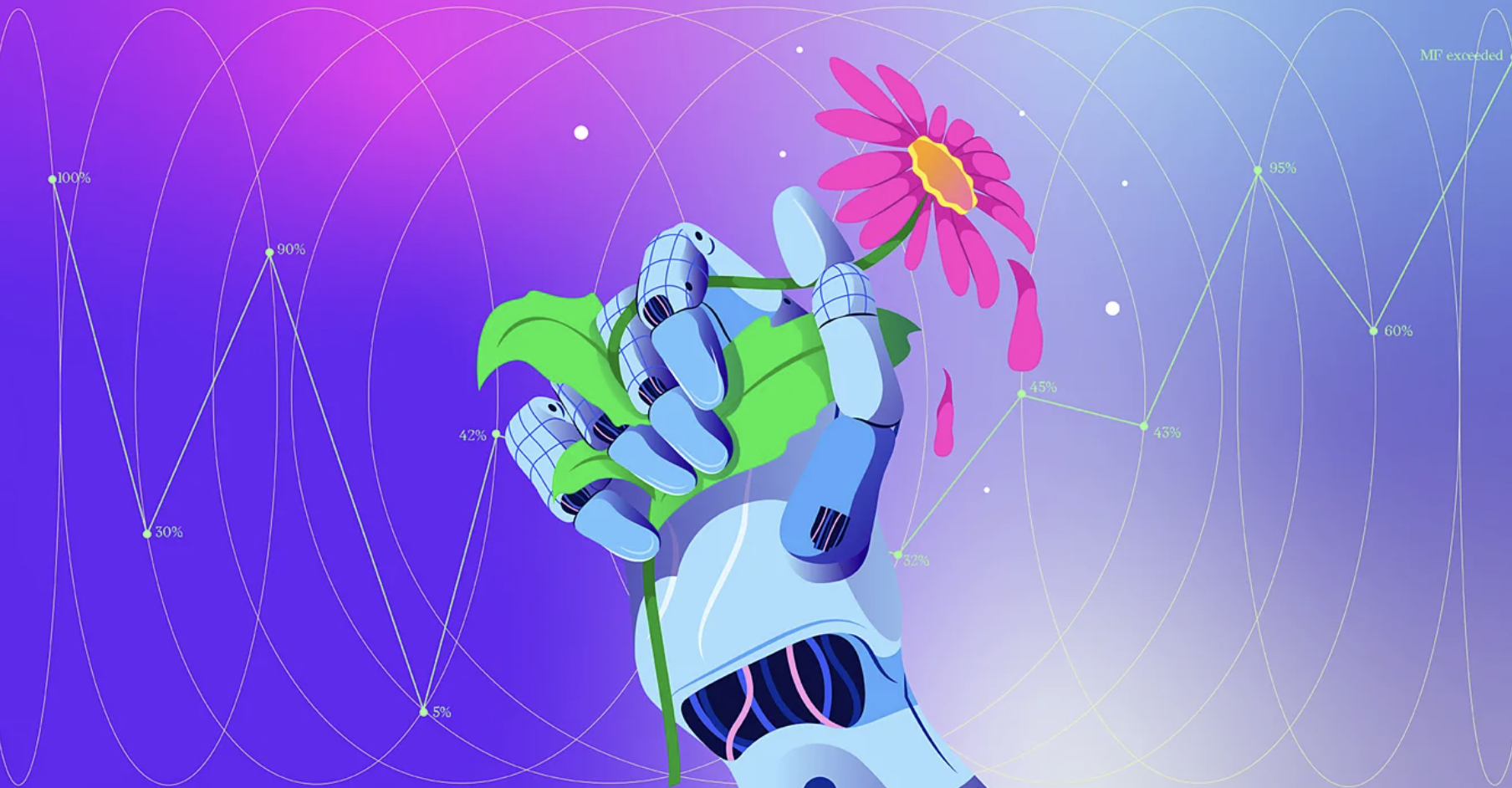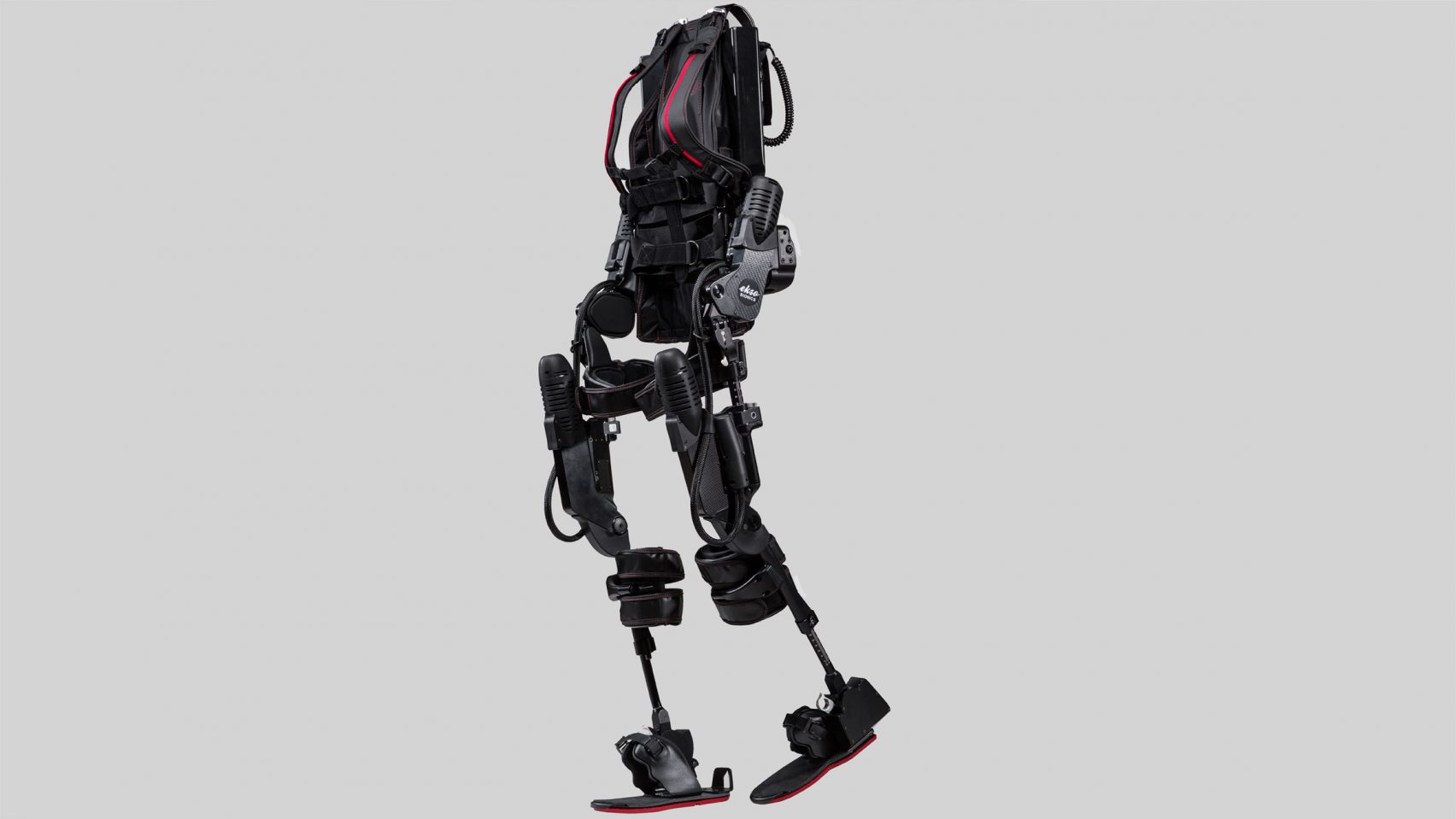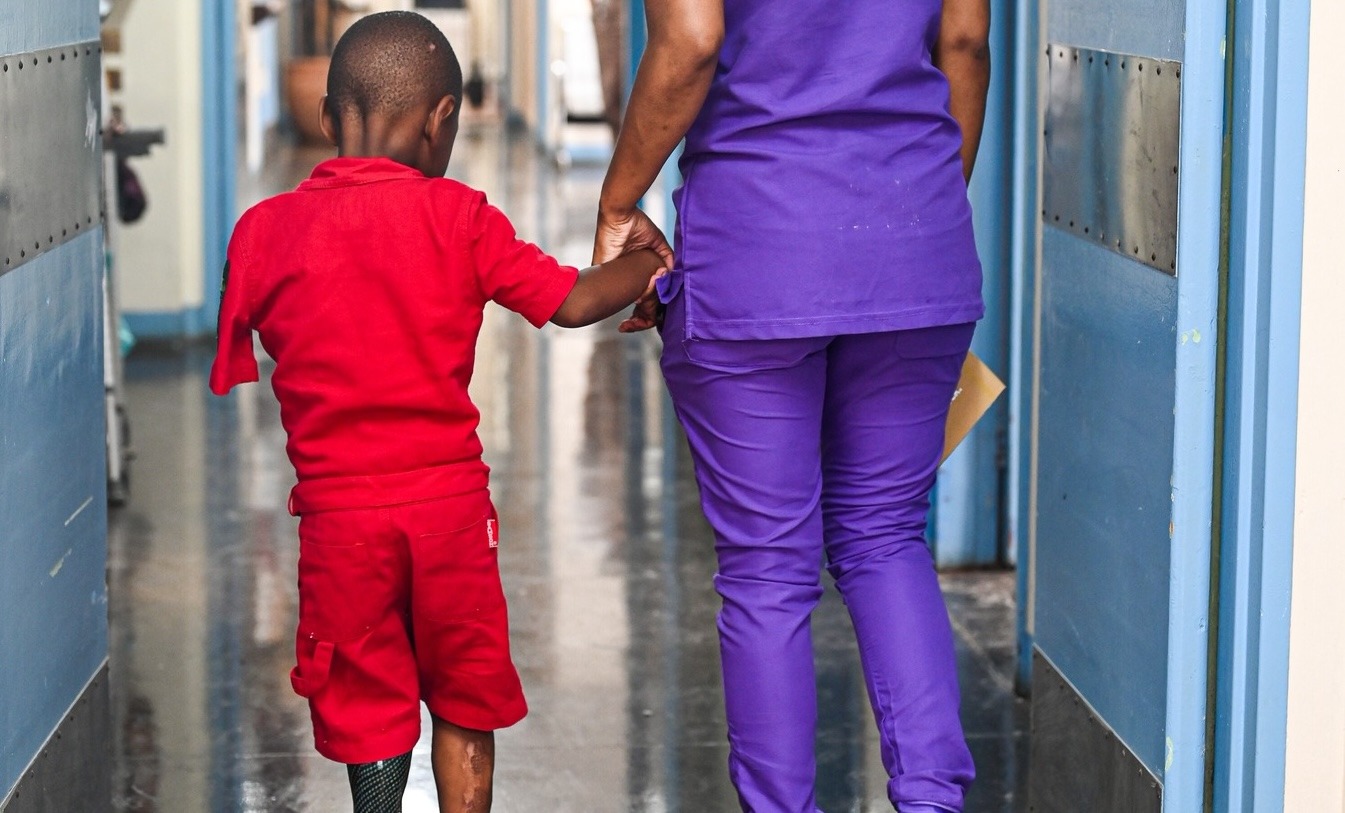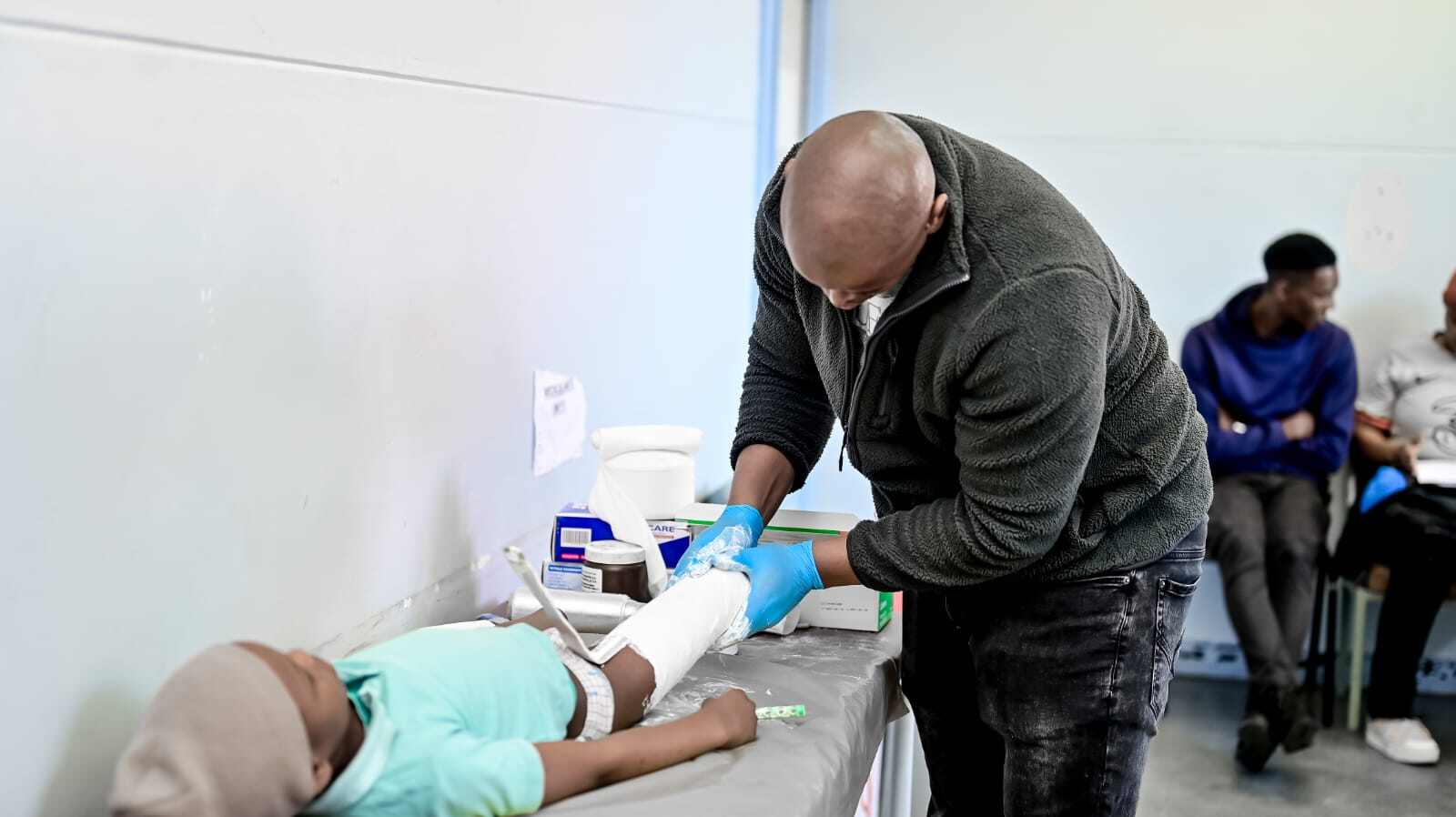A highly anticipated moment arrived last week when 10 children received their prosthetic legs as part of Walter Sisulu University’s life changing paediatric prosthetics initiative.
In collaboration with the Provincial Department of Health, WSU’s Department of Rehabilitation, within the Faculty of Health Sciences and Medicine, delivered on its promise to restore mobility of 10 young recipients who lost their limbs due to accidents and other medical condition..
Father of one, Zukile Lugalo, whose son, Liyana, lost a leg due to injuries, expressed immense gratitude to the initiative, stating that it would change both his and the child’s lives.
“I can finally see my son smiling. I sense that he is getting used to walking with his new leg. We never thought that he would be the same again after what happened to him, but slowly he is becoming himself again. The extent of his injuries almost broke me, but I am also healing emotionally now that I see him getting better,” said an emotional Lugalo.
The prosthetics were handed over to their recipients in Gqeberha, East London, , marking the culmination of months of work that included casting, pre-fitting sessions, as well as a manufacturing process for the prosthetics.
Although the department initially wanted to hand them over at the end of August, one of the project leaders, Siphosethu Mgwili asserted that they had faced challenges obtaining some of the manufacturing components due to a supply shortage in the country.
Despite these challenges, the WSU Department of Rehabilitation’s committed staff made concerted efforts to ensure delivery on their promise.
“We finished the prosthetics months ago, but we struggled to find components such as socket adaptors and suspension belts, which is what you use to suspend the prosthetics into the body. We still didn’t get them for paediatrics, and we ended up having to use adult ones and fine tuning them,” said Mgwili.
As the children take their first steps toward a brighter future, the project highlights the impact of WSU’s commitment to community upliftment.
This project supports the United Nations Sustainable Development Goals (SDGs), such as SDG 3 (Good health and well-being) by improving health and quality of life for children, and SDG 10 (reduced inequality) by providing medical services to underserved communities.
Mgwili, a mother herself, recalled the many conversations she has had with her young patients, with one boy sharing his desire to be able to bend his knee and play soccer. She stated that the work they have done has not only improved the children’s lives physically but would benefit them emotionally as well.
“I love this project so much, and I love seeing the kids happy, walking and running. It is great to show the kids that just because you are different, does not mean that you can’t do the same things as your peers,” said Mgwili excitedly.
